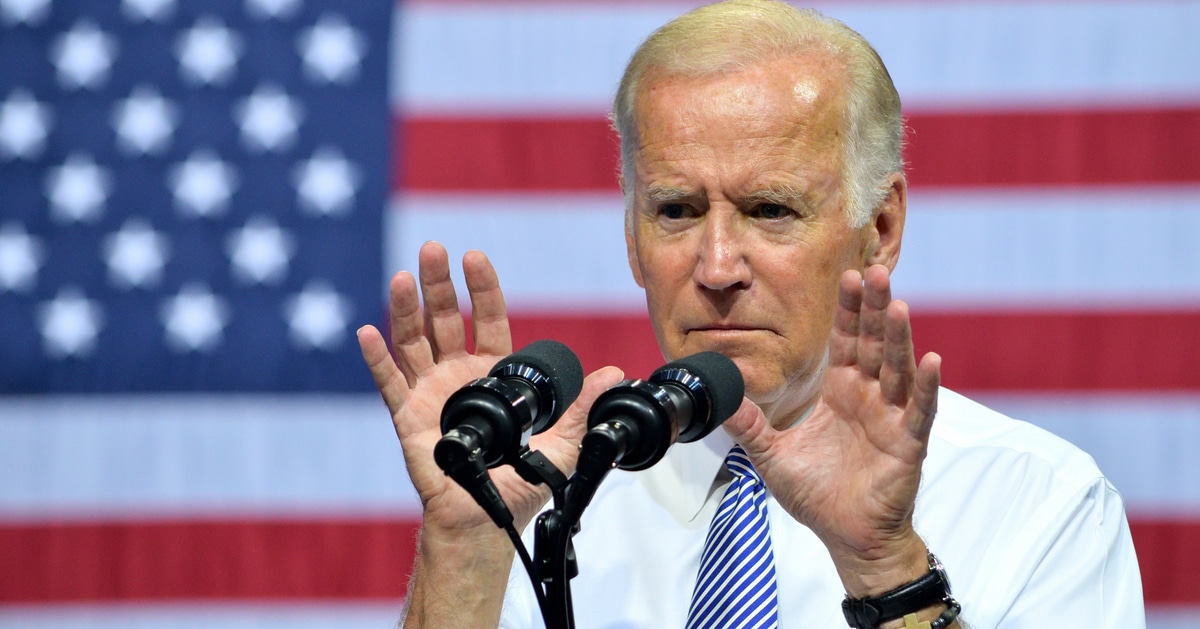




An assassination attempt on former President Donald Trump during a campaign rally in Butler, Pennsylvania, has resulted in one spectator's death and several others being injured.
The Guardian reported that the attempt on Trump's life highlights the heightened political violence in the current era, with Trump sustaining a minor injury to his right ear.
The political rally, held in Butler, Pennsylvania, took a grim turn when an unidentified shooter opened fire. The lethal event left one spectator dead and several attendees, including Trump, with injuries. While Trump’s injury was minor, affecting his right ear, the injuries of other bystanders were severe.
Following the shooting, Trump was quickly discharged from the hospital after receiving medical attention. The shooter was also pronounced dead at the scene, though their identity remains largely unknown.
This attack underscores the intense political violence that has escalated largely in part to violent rhetoric from the Democrat Party towards Trump. Instances of violence at political events seem to be escalating, particularly those involving Trump.
Historical incidents of political violence provide a stark backdrop to the current events.
The 2011 mass shooting in Arizona, where then-Democratic Congresswoman Gabby Giffords was injured, is one such incident. Additionally, the 1981 assassination attempt on President Reagan adds to this troubling history.
Instances of violence against Black Americans exercising their franchise further highlight a long-standing issue of political violence in the United States. Trump's rallies, marred by violent events since his 2016 presidential campaign, reflect this troubling trend.
Trump’s politics often involve bigotry, political tribalism, and a tolerance for violence. Such rhetoric has seemingly influenced similar behavior in his supporters.
In 2018, Trump supporter Cesar Sayoc made headlines for mailing bombs to critics of Trump.
Another supporter, David DePape, attacked Paul Pelosi with a hammer in 2022. These incidents depict a disturbing pattern of violent actions linked to Trump's encouragement or endorsement.
The January 6 attack on the Capitol, an attempt to overturn the 2020 election results, was carried out by a violent mob of Trump supporters. This event remains a significant example of political violence endorsed or influenced by Trump's rhetoric.
Ironically, the recent attempt on Trump's life at his rally in Butler is the first instance of such violence being directed at him. Despite the injury he sustained, Trump showcased defiance, raising his fist and shouting “Fight!”
Reactions to the attack have varied. Some Trump supporters quickly pointed fingers at President Joe Biden. Ohio Senator JD Vance stated, “The central premise of the Biden campaign is that President Donald Trump is an authoritarian fascist who must be stopped at all costs. That rhetoric led directly to President Trump’s attempted assassination.”
Mike Collins, a Republican from Georgia, took it further with a strong accusation, claiming, “Joe Biden sent the orders.” These responses exemplify the intense polarization and quick-blame culture prevalent in current U.S. politics.
On the other end of the political spectrum, Democrats condemned the act of violence while expressing relief over Trump's safety. Despite political differences, there is a unified stance against such violent actions.
Following the attack, there is a high risk of retaliatory violence from Trump supporters. The heated rhetoric and quick blame have further inflamed an already tense political landscape.
Trump's defiant reaction, combined with the charged responses from his supporters, suggests an environment where retaliatory actions might follow. This reflects the current era’s grim reality of politically motivated violence.
Political leaders and observers stress the need for de-escalation and promoting dialogue over violence, highlighting the urgency of addressing this issue at its roots.
This incident not only underscores the personal risk figures like Trump face but also raises broader concerns about the general political climate. The normalization of violent rhetoric and its consequences need urgent attention.
Society must reflect on the rampant and unchecked political tribalism that fuels such violent incidents. As history and recent events show, unchecked political violence has far-reaching, damaging effects.
Moving forward, there must be a collective effort to restore civility and ensure that political disputes are settled peacefully. This incident serves as a grave reminder of the risks inherent in heightened political discourse.
Concluding this significant and shocking event, political figures across the spectrum need to unite against violence. Both sides should advocate for dialogue and temper rhetoric that may incite such violent actions.
Above all, the safety of political figures and civilians alike must be prioritized. Measures to ensure security at political events should be enforced to prevent further tragedies.
The attempted assassination of Donald Trump at the Butler, Pennsylvania rally is a stark reminder that political violence is a pervasive threat in current times. It calls for reflection, action, and unity in the face of deeply entrenched political divides.
In conclusion, the incident in Butler encapsulates the heightened era of political violence. It’s imperative to address the issues fueling such divisions to foster a safer, more cohesive political environment.



